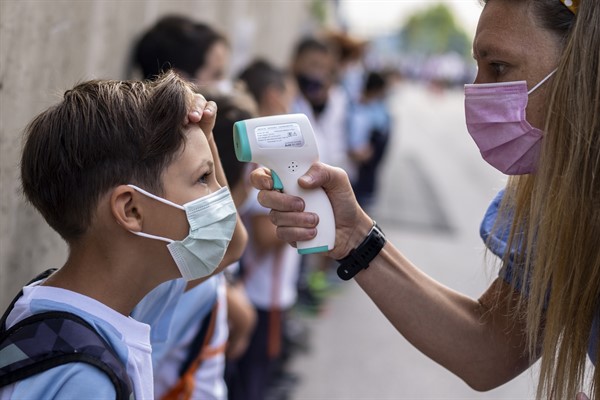With the world hitting a record number of new COVID-19 cases in a single week in December, it is unsurprising that the coronavirus pandemic is once again dominating headlines. But one story in particular seems to have captured attention: that of Novak Djokovic, the top-ranked tennis player, whose visa was cancelled last week when he arrived in Melbourne to compete in the Australian Open.
Djokovic was initially granted a medical exemption to enter Australia without proof of vaccination against COVID-19, which is normally required to obtain a visa. The Serbian tennis player now appears to have won an appeal against his deportation, but whether he will actually be able to travel within the country and compete in the tournament remains to be seen.
The incident has sparked a debate about elitism. Why was Djokovic given a medical exemption to enter Australia without a vaccine, when so many others have not? And with Djokovic’s mother claiming her son was “treated like a prisoner” while detained in an immigration hotel, it has also stirred controversy over the ethics of vaccine mandates.

